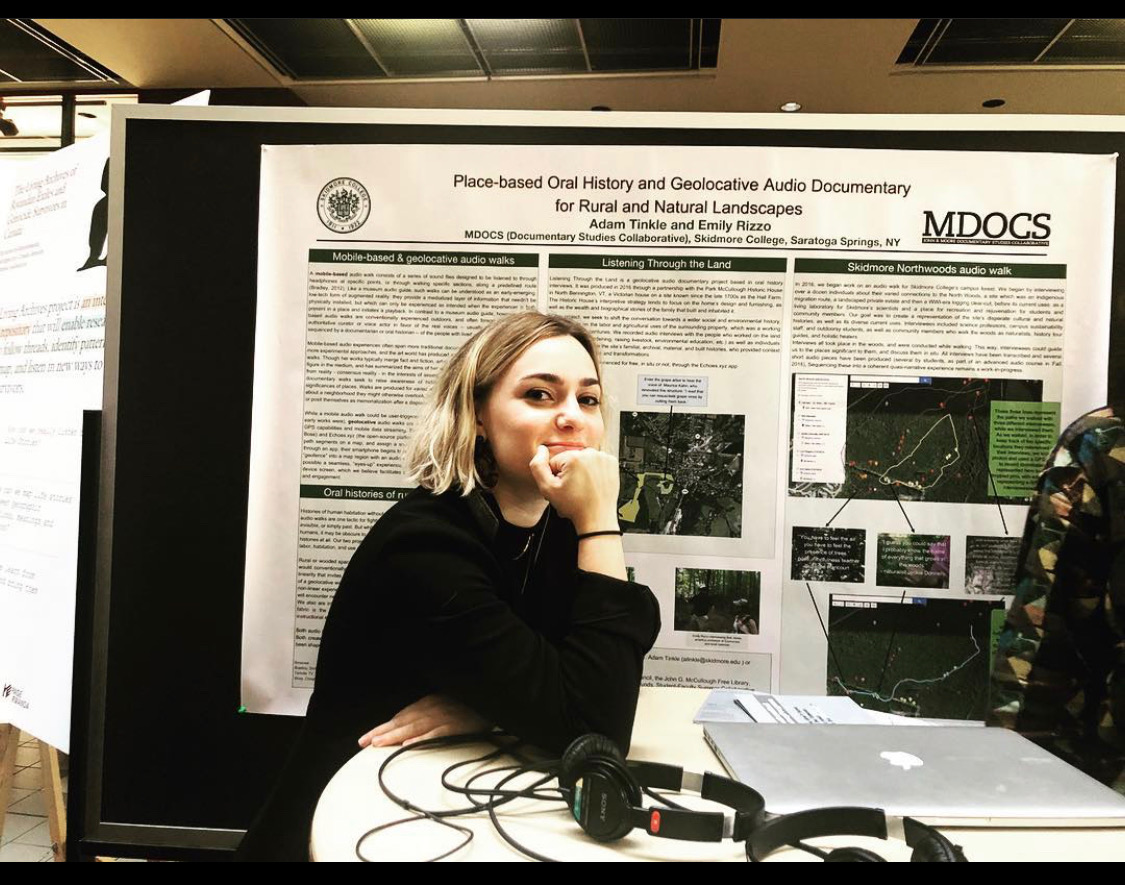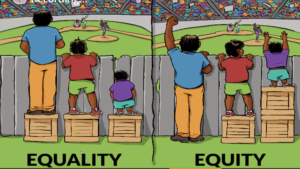Keva White offers his perspective on upward economic mobility at ECS forum
 October 30, 2020
Category: Featured, Medium, Purpose
October 30, 2020
Category: Featured, Medium, Purpose
Keva White said he’s tired of poor people being treated poorly.
White, an entrepreneur and part-time lecturer at Rutgers University’s School of Social Work, led an interactive presentation October 27, on the causes of poverty and removing the barriers to upward economic mobility.
The workshop was part of the annual “Forum for Justice and Opportunity.” This year turned virtual, it’s a week-long series of gatherings held by Philadelphia’s Episcopal Community Services (ECS).
White, grew up in Jamaica, Queens, and said his family was so poor they couldn’t afford the letter P.
He asked the online audience to close their eyes and imagine this scenario: You wake up tomorrow, go to your refrigerator and there’s no food. You get into your car to go to work, and the car has a boot on it because you couldn’t pay your tickets. You want to pay the car ticket, so you go to the bank, but your account is at zero. All of your social resources are exhausted because you dabbled in substance abuse or maladaptive behaviors and family members have ostracized you.
“If this is the life you would like to wake up to tomorrow, please keep your eyes closed,” said White. He assumed the participants opened their eyes, because, he said, “Nobody wants to be poor.”
The workshop was held the day after the murder of Walter Wallace Jr. in West Philadelphia by the Philadelphia Police Department. Dave Griffith, executive director of ECS, acknowledged these recent events.
“We call for justice to be administered fairly and equitably for all in our society,” Griffith said. He asked for the viewers’ “support for fundamental changes so events like last night become a rarity. Such outcomes are why we do the work that we do, and why we ask you to join us.”
White listed the killings of unarmed Black men and women as another structural example of what keeps families in poverty. “The destructive stress after an unexpected death on families is exponentially impactful in single parent households,” White said.
White discussed some more fundamental changes that need to be made to end the high levels of poverty in the United States. For instance, he said, we need an “equitable distribution of resources.”
But, he said we need to note the difference between equality and equity.
To illustrate this point, he shared two familiar images. One was of three people standing on boxes looking over a fence. All three people are standing on the same size boxes, but due to their varying heights, only two of them are able to see over the fence. The other image was of the same three people, but standing on three different size boxes, so each of them can see over the fence.
White asked the participants to describe what they saw in the image.
Marian Dossou, 34, from West Philadelphia and math tutor for K-6 students, said “Giving everyone the same thing doesn’t help.”
“That’s the whole idea; giving everyone equality doesn’t equate to equity,” White said.
He continued, “In order for us to move from equality to an equitable distribution of resources, there has to be intentional actions.” So, he explained, the tallest guy needs to give his box to someone that actually needs it.
Leslie Bullock, 45, from North Philadelphia, who is currently unemployed, said she thinks about these topics on a daily basis. “The forum threw wood on an already burning fire that I have to effect change,” Bullock said.
White gave more instructions for how to move people out of poverty, like confronting structural barriers and teaching money management skills.
He said move away from transactional relationships and be transformational. “Don’t just give vouchers. We have to develop employment training programs and mentorship programs.”
To end his workshop, White gave some tips for people living in poverty on how to get started: “the fear of failure is the biggest obstacle. You’ve got to just start slow, and start saving.”
Project
2020 Forum on Justice and OpportunityTrending News











